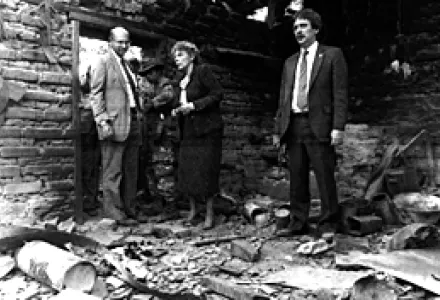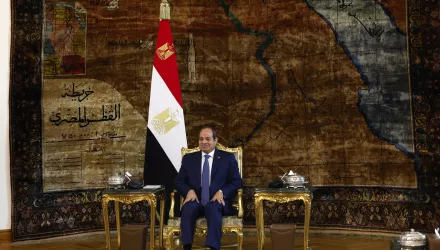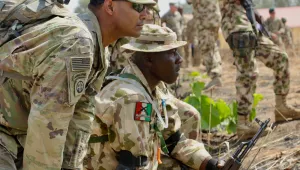When may states succeed in using military force to bend other actors to their will? In an era when the United States identifies the political problems of terrorism, insurgency, and ungoverned spaces as core national security threats and relies on its military to defeat them, the question is a pressing one. This project cuts into the question of what military force can achieve in the political realm by asking under what conditions states defeat guerrilla insurgencies. Power does not necessarily prevail in such conflicts, which require states to winnow out guerrillas from among the populace without creating more armed opponents to the political status quo. Today's solution for insurgency calls for democratization, economic development, an end to corruption, the use of only strictly limited force, and the winning of popular allegiance. But the existing counterinsurgency (COIN) literature lacks a systematic analysis explaining success and failure and the historical evidence certainly does not validate these prevailing prescriptions. This presentation argues that states largely succeed or fail in COIN based on two factors: 1) whether they use military force to achieve political rather than strictly military goals, including even the use of massive force and the use of force against civilians, and 2) whether they make limited, targeted political accommodations to particular groups. This presentation considers the evidence from two conflicts, Dhofar, Oman, and El Salvador. The policy implication of these findings is that a COIN strategy may achieve stability, but is unlikely to achieve major political change.
Please join us! Coffee and tea provided. Everyone is welcome, but admittance will be on a first come–first served basis.




